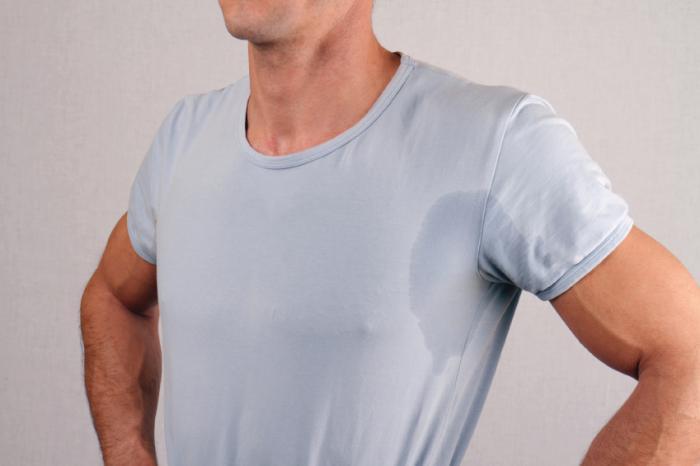Excessive sweating, also known as hyperhidrosis, can be a common and often embarrassing condition. While sweating is a natural and necessary function of the body to regulate temperature, excessive sweating can sometimes be indicative of an underlying issue. Here are some potential causes and signs associated with excessive sweating:
1. Hyperhidrosis:
Primary hyperhidrosis is a condition where excessive sweating occurs without an underlying medical cause. It often affects specific areas, such as the palms, feet, underarms, and face. Although it’s not a sign of an underlying medical condition, it can be a distressing issue on its own.
2. Secondary Hyperhidrosis:
Secondary hyperhidrosis is excessive sweating that is triggered by an underlying medical condition or medication. It can be a sign of various health issues, including:
3. Menopause:
Hormonal changes during menopause can lead to hot flashes and night sweats, causing excessive sweating in women during this life stage.
4. Infections:
Certain infections, like tuberculosis and endocarditis, can lead to night sweats and excessive sweating as the body tries to fight off the infection.
5. Hyperthyroidism:
Overactive thyroid glands can increase the body’s metabolic rate, leading to excessive sweating, heat intolerance, and weight loss.
6. Hypoglycemia:
Low blood sugar levels can cause excessive sweating, along with symptoms like shakiness, confusion, and irritability.
7. Diabetes:
Some individuals with diabetes experience excessive sweating, especially when their blood sugar levels are not well-controlled.
8. Obesity:
Excessive body fat can lead to increased sweating, as the body needs to work harder to maintain normal temperature regulation.
9. Medications:
Certain drugs, like antidepressants, opioids, and some blood pressure medications, can lead to excessive sweating as a side effect.
10. Anxiety and Stress:
Emotional stress and anxiety can trigger the body’s “fight or flight” response, leading to increased sweating as a way to cool the body down.
It’s important to distinguish between primary and secondary hyperhidrosis, as secondary hyperhidrosis is often a sign of an underlying medical condition that requires attention. If you or someone you know is experiencing excessive sweating that is affecting daily life or accompanied by other concerning symptoms, it’s advisable to consult with a healthcare provider. A healthcare provider can perform a thorough evaluation, which may include blood tests, physical examinations, and medical history assessments, to determine the cause of excessive sweating and recommend appropriate treatment or management strategies.
For More information check this : what is excessive sweating a sign of




